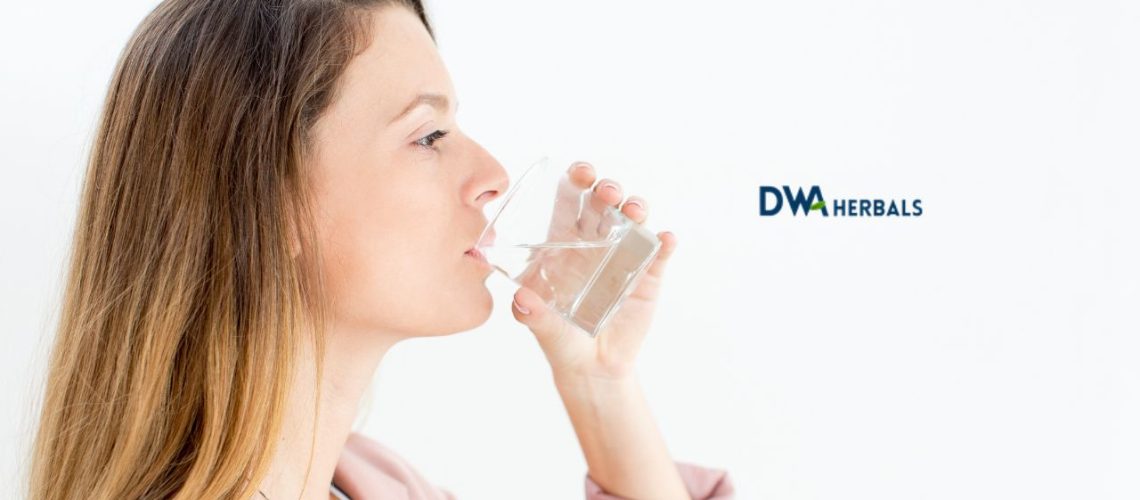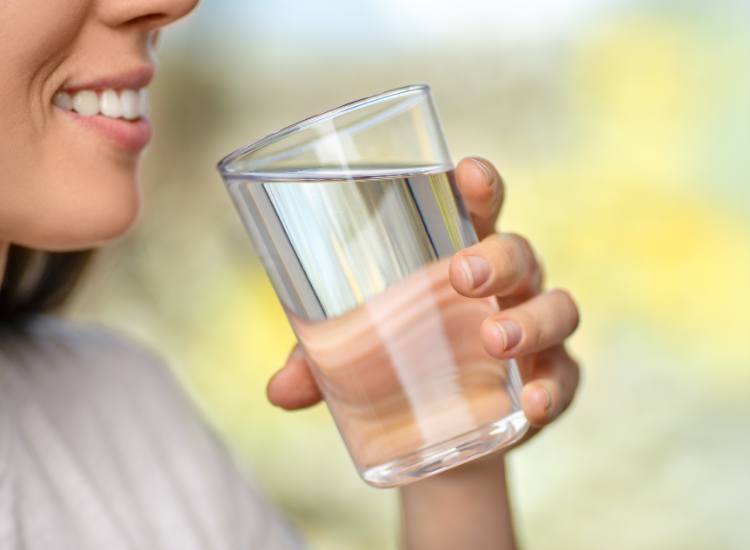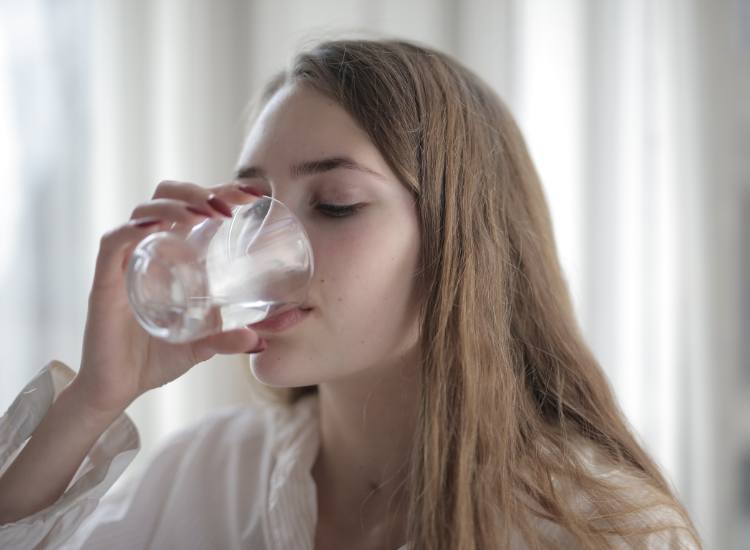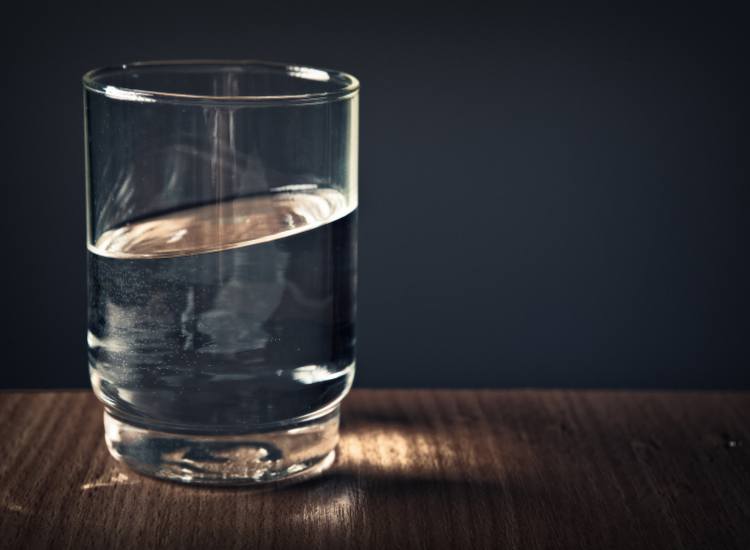
Water, the elixir of life, is undeniably vital for our well-being. Hydration for the body. It’s the common advice we often hear – drink 8 cups, or approximately 2 liters of water per day.
However, lately, a new mantra has gained traction: the 3-liter rule.
This raises the question – is this the magic number for optimal hydration?

Water requirements aren’t a standard fit for all. They vary based on several factors:
Calculating individual water needs can be complex, but it generally involves considering these factors along with the individual’s overall health status.

The 3-liter rule’s origins are somewhat nebulous, but it’s likely an extension of the 8-cups-per-day guideline.
Scientific studies do affirm that increased water consumption can have various health benefits.
Nevertheless, some critics argue that this recommendation may be excessive for some people and could even be potentially harmful.
Consuming 3 liters of water per day can certainly boost hydration levels, promoting optimal bodily function.
This increased intake aids detoxification, supports kidney function, and can enhance skin health and digestion.
However, excessive water consumption can lead to overhydration or hyponatremia, a condition where sodium levels in the body become dangerously low.
It can also result in increased frequency of urination, disrupting daily activities and sleep.
Additionally, it may disrupt the balance of electrolytes, essential minerals needed for normal body functioning.

When determining personal hydration requirements, it’s crucial to consider the factors mentioned earlier.
Equally important is to listen to your body’s signals – thirst is often a reliable indicator.
Besides, it’s essential to balance water intake with other fluid sources, like juices, soups, and even water-rich fruits and vegetables.
Staying adequately hydrated involves recognizing thirst cues and not waiting until parched to drink water.
Including hydrating foods and beverages in your diet, such as cucumbers, watermelons, or herbal tea, can also contribute to your fluid intake.

Furthermore, establishing a hydration routine – for example, sipping water every hour – can ensure you’re regularly replenishing your body’s water supply.
The 3-liter rule serves as a general guideline, not a one-size-fits-all solution.
It underscores the importance of adequate hydration, but it’s crucial to understand that everyone’s water needs are unique.
Therefore, personalized hydration strategies are the key to achieving optimal health and well-being.
For specific recommendations tailored to your circumstances, always consult with healthcare professionals.
After all, when it comes to hydration, it’s about finding the right balance, not merely reaching a numerical target.
Dr Sushil is a researcher and founder of D WA Herbals with objective of providing healthy longevity to society. His aim is to develop food and drink-based products by using the inherent qualities of traditional herbs by optimizing their effect through modern technology, making our products extremely user-friendly. The research is focused on various lifestyle issues such as anxiety, stress, metabolism, digestion, immunity and may more which impact the health and lifestyle.
© 2023 DWA HERBALS. All Rights Reserved. Designed by NXlogy